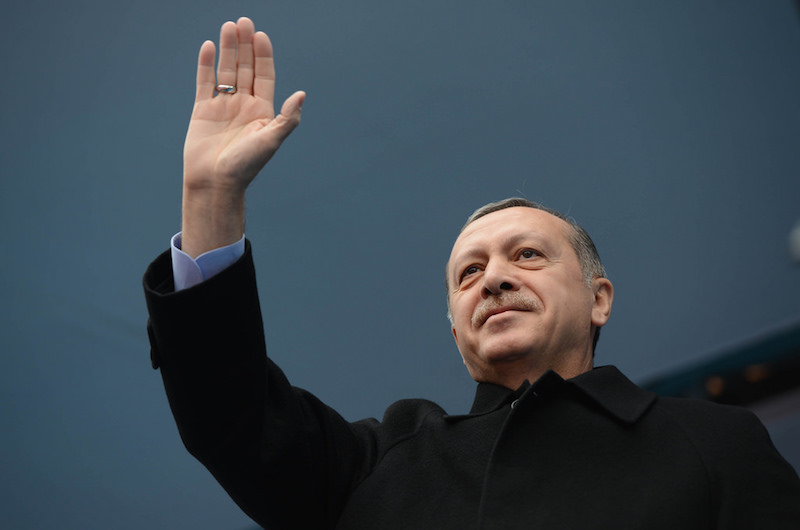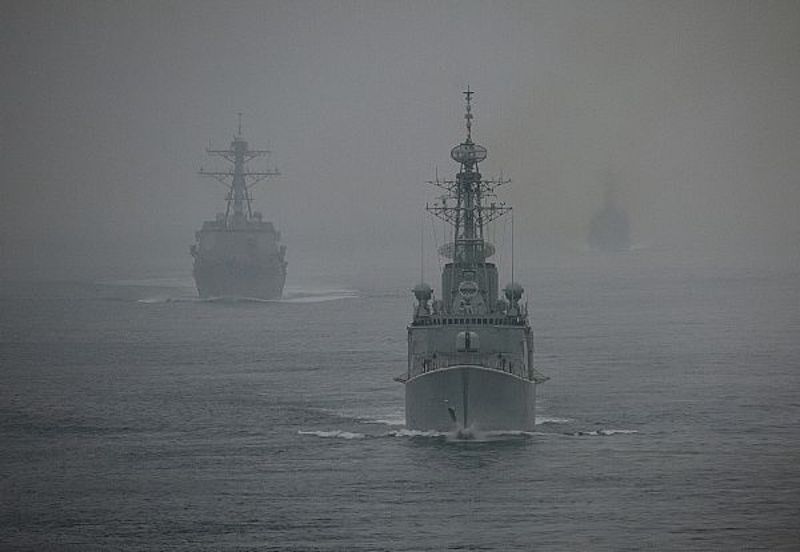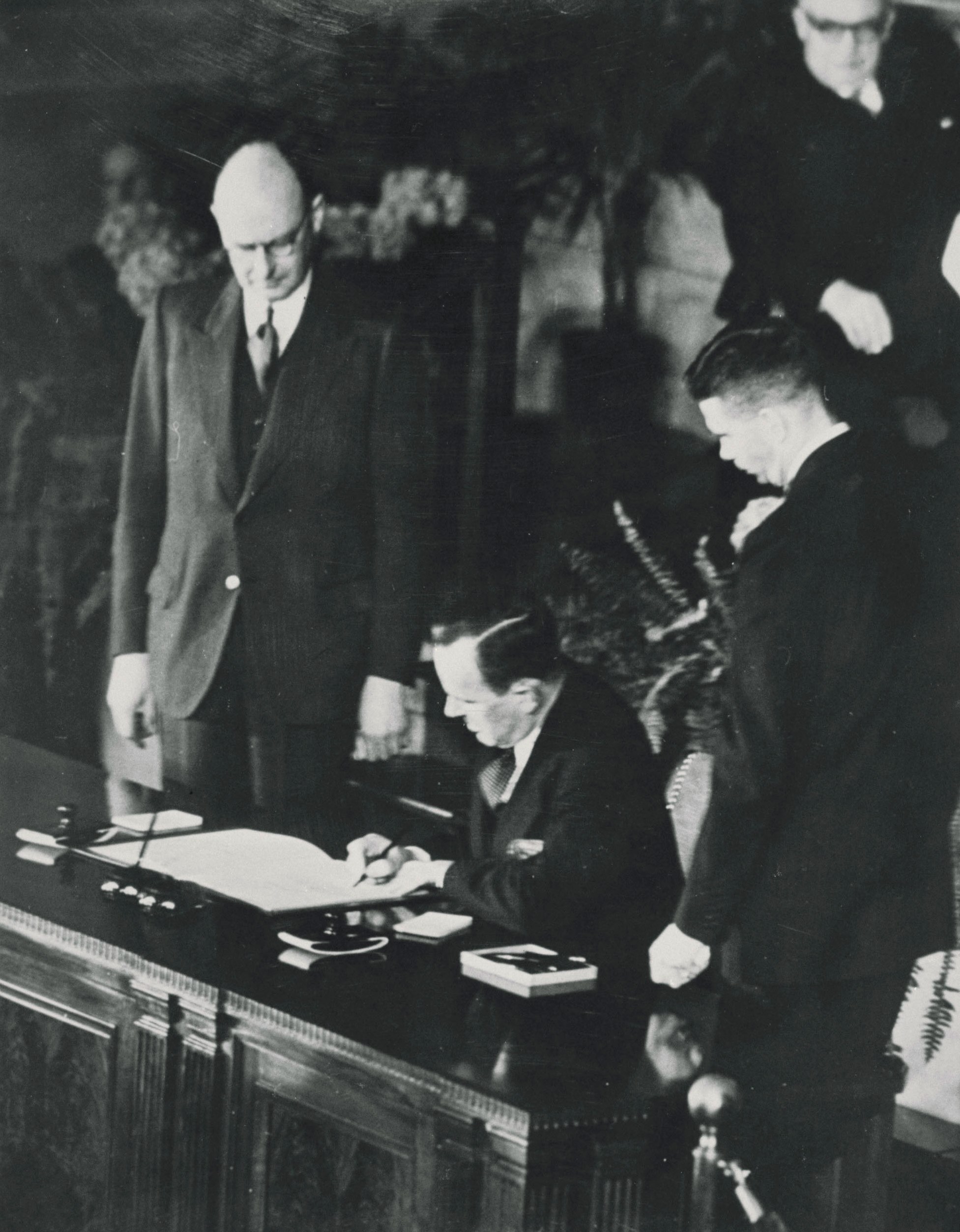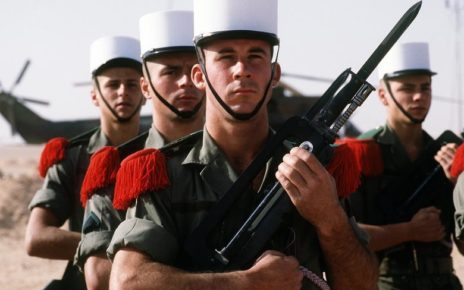Over the past few years, Turkey has slid closer and closer toward full-blown authoritarianism, abandoning the country’s once-promising efforts to build a stronger democracy. Though Turkey’s president, Recep Tayyip Erdogan, had begun to embrace increasingly undemocratic behaviour some years ago, last year’s failed coup d’état opened the floodgates.
“We are not after revenge. So let us think before taking each step,” President Erdogan assured the nation a few days after the attempted government takeover. “We will act with reason and experience.” Instead of this measured approach, Erdogan’s regime has mounted an extraordinarily sweeping purge, targeting a wide array of individuals, from doctors to judges to schoolteachers, all alleged to be conspirators in crimes against the state. Many of them have not been given formal charges, while others have been spuriously accused of trumped-up crimes, such as engaging in terrorist activity or attempting to kill the president. Turkey’s previous aspirations to join the European Union now seem a distant memory.
According to estimates by Turkey Purge, a group of journalists tracking government repression, nearly 130,000 people have been detained in the post-coup purge. Even more have been unceremoniously dismissed from their jobs, including over forty thousand from the ministry of education alone. Journalists and human rights activists who have attempted to accurately cover these crackdowns have themselves been arrested — or else seen the outlets they work for shuttered entirely. Despite ranking nineteenth in terms of national population, Turkey is now the leading jailer of journalists worldwide.
As the country has plunged further into autocracy, many of its Western allies have seemed content to mostly stay out of it, Canada amongst them. In the immediate aftermath of the failed coup, Prime Minister Justin Trudeau reportedly encouraged Erdogan to “respect the rule of law” as his government began swiftly dismissing and arresting civil servants. One year later, after the purge had grown to enormous proportions, a spokesperson for Minister of Foreign Affairs Chrystia Freeland told CBC News that Canada was “alarmed by the broad scope and scale of dismissals and detentions.” The statement again urged the Turkish government to cease its authoritarian behaviour.
These modest condemnations represent the only action that Canada has so far taken in response to Turkey’s ongoing repression. And it doesn’t appear the Canadian government plans to go any further than a simple “tsk, tsk.” Not only is this disappointing because of Canada’s reputation as a longstanding champion of human rights, but also because of it’s membership alongside Turkey in NATO, an organization which presents itself as a fierce promoter of democratic values.
Though NATO may predominantly be seen as a collective defence alliance, the organization’s founding treaty also places a strong emphasis on human rights and other liberal democratic values. “The Parties to this Treaty reaffirm their faith in the purposes and principles of the Charter of the United Nations,” reads the first paragraph of the Washington Treaty. It goes on to say that member states are “determined to safeguard the freedom, common heritage and civilisation of their peoples, founded on the principles of democracy, individual liberty and the rule of law.” Article 2 reiterates this position by affirming the organization’s commitment to “strengthening free institutions, by bringing about a better understanding of the principles upon which these institutions are founded.”
Turkey has indisputably violated both the letter and spirit of these terms and would likely not be accepted into NATO if it was seeking membership today. Besides the values expressed in the Washington Treaty, the Membership Action Plan, which outlines preliminary requirements for states wishing to join the Alliance, asks that aspiring countries “demonstrate [a] commitment to the rule of law and human rights.” It’s true that Turkey has never wholly met these criteria, but previously the Turkish government appeared to be moving toward further democratization. By the year 2000, the country had mostly stamped out torture in its prisons. Recently, it has crept back.
Aside from the mass purges, Erdogan has also successfully transformed his country’s constitution, entirely altering the political disposition of the state and, most fundamentally, bolstering his own presidential powers in the process. The constitutional amendments, passed earlier this year following a dubious referendum, have eliminated the post of prime minister making the president the head of both the executive branch and the state. A mere three years ago, before Erdogan had transitioned from prime minister to president, this office was largely ceremonial. Now that could not be farther from the truth.
The constitutional changes provide the president with significant new authority over the judiciary, including the ability to introduce laws by decree, as well as the unilateral power to dismiss parliament, declare a state of emergency and appoint ministers, among other new powers. Of particular note, the amendments mean Erdogan could extend his presidency by another ten years, potentially keeping him in power until 2029, twenty-six years after he was first elected prime minister. At this point, it appears Turkey’s future belongs to one man.
While Western governments have been reluctant to challenge Turkey, some observers have not been so reticent. A steady stream of Western media has begun to question the country’s continued membership in NATO. “No country that has violated every tenet of democracy, engages in gross human rights abuses, and wreaks havoc on its population deserves to stay in the NATO alliance,” wrote Alon Ben-Meir, a senior fellow at NYU’s Center for Global Affairs, in a recent op-ed for the Huffington Post. Besides condemning Erdogan’s violation of “basic civil liberties and other democratic norms,” an October editorial from the New York Times scrutinized some of Turkey’s more questionable foreign policy decisions, including its recent purchase of a Russian air defence system.
The Times article acknowledged a discomfort with Turkey’s membership in NATO, but it also conceded the strategic importance of retaining the country as a member. Turkey’s geography is its most obvious asset with the country effectively acting as a barrier between NATO’s southern flank and an often volatile Middle East. Turkish air bases are frequently used in local NATO operations, including the recent air campaign against ISIS. Moreover, the country has also played a significant role in the ongoing migrant crisis, absorbing a disproportionate share of migrants and diminishing the stream of refugees pouring into Europe.
Beyond the country’s geopolitical advantages, Turkey possesses NATO’s second-largest standing army and has US forces regularly stationed at its air bases, one of which also houses American B61 nuclear bombs (for better, or worse). As well, the country has participated in several NATO operations throughout the years, including in Afghanistan where Turkey has recently promised to extend its involvement. For these reasons, the Alliance regards Turkey as a crucial member, despite sometimes being a nuisance.
Still, as long as the country flouts the core democratic values of NATO with impunity, the organization’s moral standing will suffer. Appeasing Turkey means compromising the professed ethos of the Alliance itself; it comes with a loss of legitimacy. What’s more, it also sets a dangerous precedent within the organization. Other states may be tempted to follow Turkey’s authoritarian lead if they see that going rogue carries no consequence.
On Saturday, the European Union announced it would immediately reduce Turkey’s “pre-ascension funds” by 175 million euros over the next two years because of the country’s “deteriorating situation in relation to democracy, rule of law and human rights.” There’s also now talk of the US implementing sanctions on Turkey because of its aforementioned purchase of Russian weapons. However it seems unlikely that President Donald Trump, who has repeatedly expressed a fondness for Erdogan, would follow through with such action. Nevertheless, the EU’s decision to cut funding and talk of US sanctions — even if they aren’t directly related to the country’s domestic practices — represent significant developments in the world’s response to Turkey’s budding authoritarianism.
The Trudeau government could keep up this pressure by also adopting a stronger stance on Turkey. Formally acknowledging that the country’s conduct is in violation of the Washington Treaty would be a good place to start. Will it have an impact on Turkey’s behaviour? Most likely, no. But, it nonetheless sends an important message, letting Erdogan know that Turkey’s allies are no longer willing to ignore its democratic abuses. Not to mention, that it would also help the Canadian government validate its increasingly questionable status as a staunch defender of human rights abroad.
In the end, it comes down to this: if NATO member states continue to sit idly by while the Turkish government dismantles its democracy, how can the Alliance seriously claim that it “promotes” democracy at all?
Photo courtesy of Recep Tayyip Erdogan’s Flickr. Public domain.
Disclaimer: Any views or opinions expressed in articles are solely those of the authors and do not necessarily represent the views of the NATO Association of Canada.




